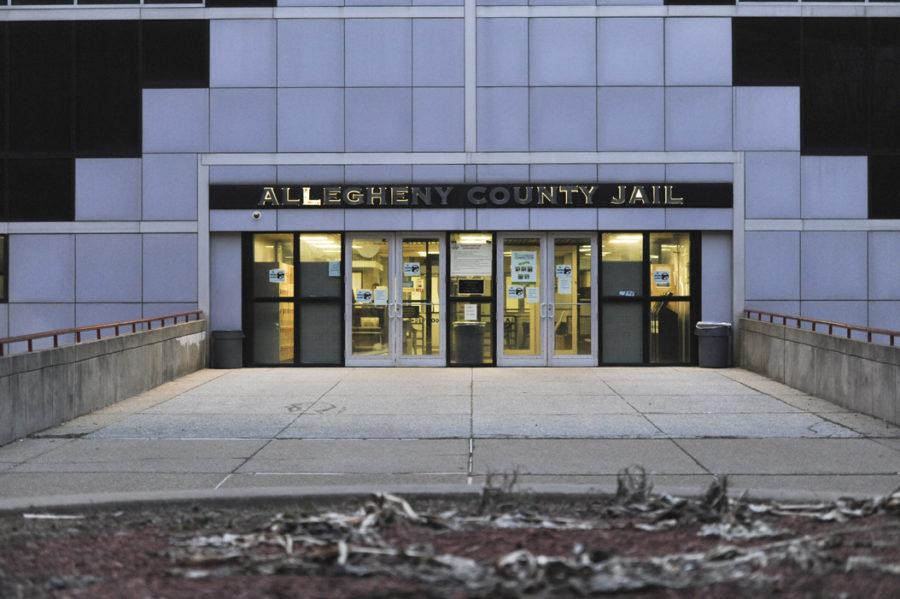Defendants and victims have always had an adversarial relationship in the criminal justice system. But a new bill in the Pennsylvania state legislature has the potential to pit the two against each other even more.
Legislation sponsored by state Rep. Sheryl Delozier, R-Cumberland, would change the way the Commonwealth’s court system handles defendants’ bail money in criminal cases to use the money for the state’s own needs. The new bill, HB 123, provides for the use of bail money to be “applied first to the payment of any outstanding restitution, fees, fines or costs owed by the defendant,” according to a January memo from Delozier’s office. This would be in place of returning bail money to the defendant or the defendant’s relatives after the trial, as is traditional.
The bill, introduced twice before in the past two legislative sessions without success, passed through the state House of Representatives Monday by a broad, bipartisan vote. In an interview the same day, Delozier told PennLive the legislation sought to avoid situations where “many times, such a small percent of victim restitution is paid” by convicted defendants.
The bill is no doubt well-intentioned, and the problem of victims going uncompensated is unquestionably real ― in just one Pennsylvania county alone, there’s about $21.7 million in uncollected victim compensation. But HB 123 has so many negative side effects, such as disproportionately affecting low-income communities and contributing to jail overcrowding, that it would do more harm to the state criminal justice system than good.
While victims’ rights to restitution from convicted defendants is an important consideration, it’s unlikely that those who don’t have the resources to pay after a trial will have them to pay for bail before it. One of the arguments for HB 123 is that its provision for defendants to pay peripheral court expenses instead of the state would save the Commonwealth money. But if defendants can’t expect to get their money back afterward, they have significantly less incentive to post bail at all.
And although some convicted defendants may not pay restitution after a trial for other reasons, the consideration feels insignificant next to the number who could be negatively affected by HB 123. What seems more likely is that the law will heighten the already negative effects of high bails on individuals from low-income or minority communities without the ability to pay, including contributing to jail overcrowding. Defendants’ prolonged stay in the Commonwealth’s jails will not only strain an already overcrowded system, but incur just as many expenses for the state.
Another concern about the bill, voiced by Rep. Madeleine Dean, D-Montgomery, after Monday’s vote, is that this is simply not the intended purpose of bail. Far from removing money considerations from the handing down of justice, the legislation has the potential to affect future sentencing decisions where bails and restitution payments are set with less consideration for the facts of a case than for the financial means of the litigants.
The state House is right to focus on the delicate balance between victims’ rights and defendants’ rights in Pennsylvania’s criminal justice system — both are important to the preservation of justice in the Commonwealth. But, far from helping, the current legislation under consideration hurts both sides. Instead, we should focus on a bill that reforms the bail system without victimizing defendants.



